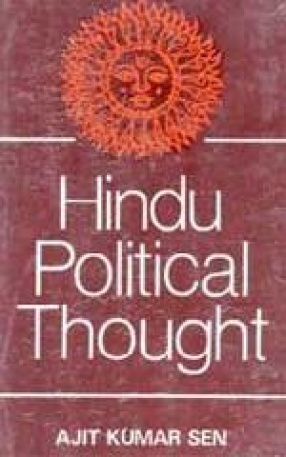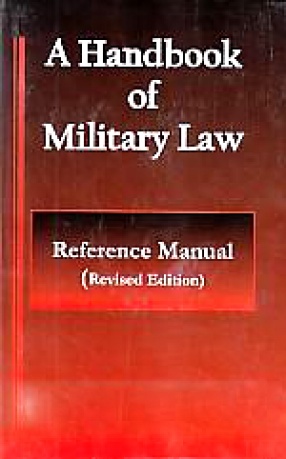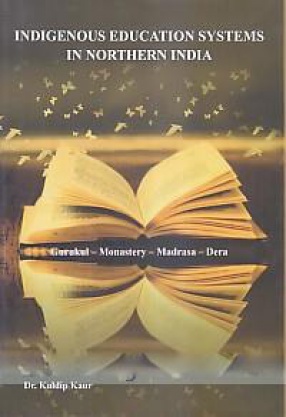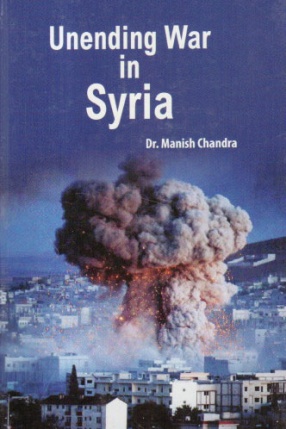Contrary to the theory of otherworldliness of the Hindu, as propounded by some Western Orientalists, it has been amply proved by the recent researches in Indology that the civilization of the early Hindus was a well-balanced one and they were as much wordly as any other people. The present work has been written with a desire to show that in the realms of political thought, the Hindus were not at all backward. The author has dwelt upon the political thought, with less concern to political institutions as such. The author has first ascertained, on the basis of ancient Indian texts on Dharmasastra and Arthasastra, both pre-Kautilayan and post-Kautilyan among the sciences (Vidyas) of the Hindus and established that polity has always been treated as an independent science by the hindus and not as an appendix to theology, as believed by some scholars. The relation between politics (dandaniti) and economics (vartta) has also been discussed. A connected history of the development of Hindu polity has been presented, on the basis of authentic ancient texts. Views of all modern scholars on the subject have been taken into consideration and evaluated. One chapter has been devoted to the philosophical aspects of Hindu polity and its relations to other branches of learning. Hindu state which is chiefly monarchical is often misunderstood to be autocratic and tyrannical. The author has refuted this view and shown in a chapter how the monarchical administrative systems of the Hindu states were restrained from being tyrannical by preventive and retributive checks. The concept of Hindu law has been the subject of another chapter which discusses the development of the concepts and compares them with their Western parallels. The work has been concluded with an extensive chapter comprising a comparative study of Kautilya’s Arthasastra and Sukraniti, landmarks in the history of ancient Indian polity.
Hindu Political Thought
In stock
Free & Quick Delivery Worldwide
Bibliographic information
Title
Hindu Political Thought
Author
Edition
Reprint
Publisher
Length
viii+179p., 23cm.
Subjects





There are no reviews yet.